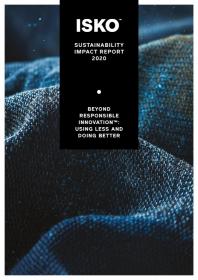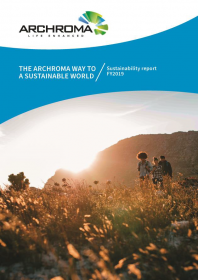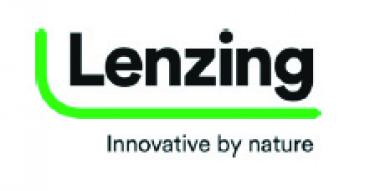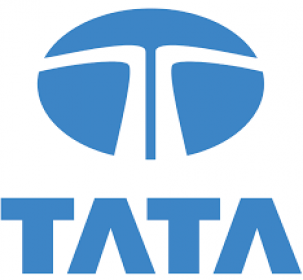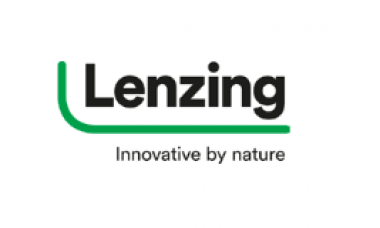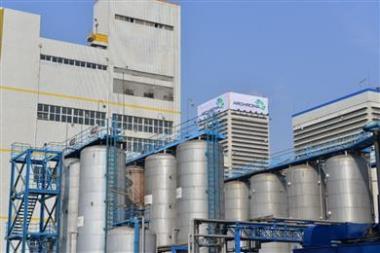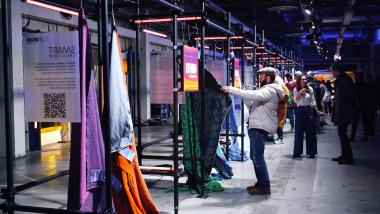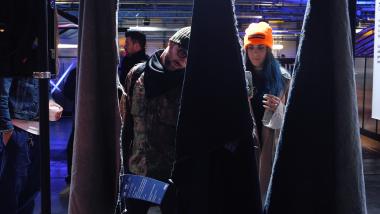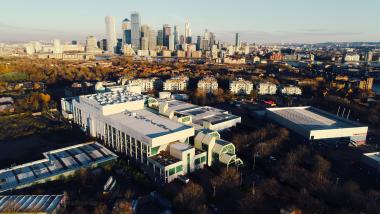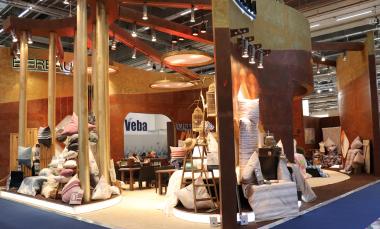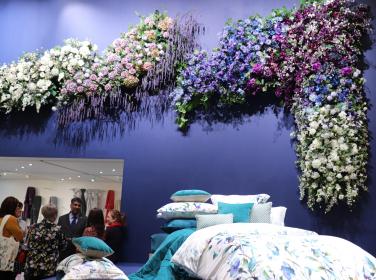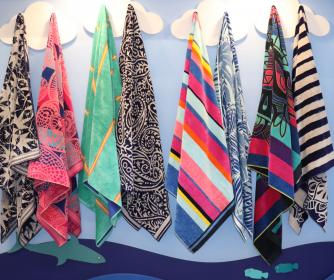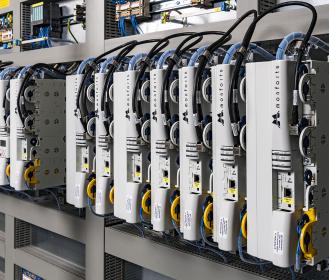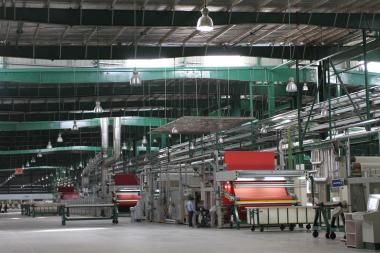ISKO supports the virtual Textile Exchange Sustainability conference
From November 2nd to November 6th, the leading denim innovator ISKO joined leading industry professionals from around the world at the 2020 Textile Sustainability Conference.
The Textile Exchange Sustainability Conference (November 2-6) is a formative event aimed at highlighting best practice and sustainability-related emerging trends and opportunities in the fashion industry.
Whilst taking the pulse of the evolving impact of international circumstances, ISKO participated in the event as a trusted partner and member of Textile Exchange since March 2019. The company took the chance to exhibit its R-TWO™ technology, through which it has achieved Textile Exchange certifications across its 25,000 products: these are at either the Content Claim Standard, Global Recycled Standard, Organic Content Standard or Recycled Claim Standard levels, ensuring trust and certainty in chain of custody and material sourcing.
This program reduces raw material impact and highlights its ambitious Life-cycle Assessments (LCAs) project to develop verified Environmental Product Declarations (EPD®s) assessing the impact of all the products in its portfolio. The company also presented its first Sustainability Impact Report, which sets bold targets and provides a detailed overview of the company’s work within the UN’s Sustainable Development Goals and ILO standard frameworks. These were also a central theme of the conference, focusing on Science Based Target initiatives and the crucial role of embedding these into business strategy.
Menabo / ISKO


